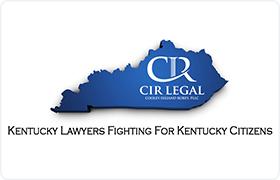 Middlesboro Divorce & Family Law Lawyers, Kentucky
Middlesboro Divorce & Family Law Lawyers, Kentucky
Sponsored Law Firm
-
 x
x

Click For More Info:
-
Cooley Iuliano Robey, PLLC
201 West Short Street Suite 500 Lexington, KY 40507» view mapDivorce & Family Law Finally – Lawyers Focused On You
Our goal is simple – provide top-notch legal representation focused on achieving our client’s goals. Here, you aren’t just another file number with an expected revenue stream.
800-657-2510
Warning! No lawyers found in this specified area.
Lawyers
1-0 of 0 matches



 R. Nicole Iuliano Lexington, KY
R. Nicole Iuliano Lexington, KY Practice AreasExpertise
Practice AreasExpertise